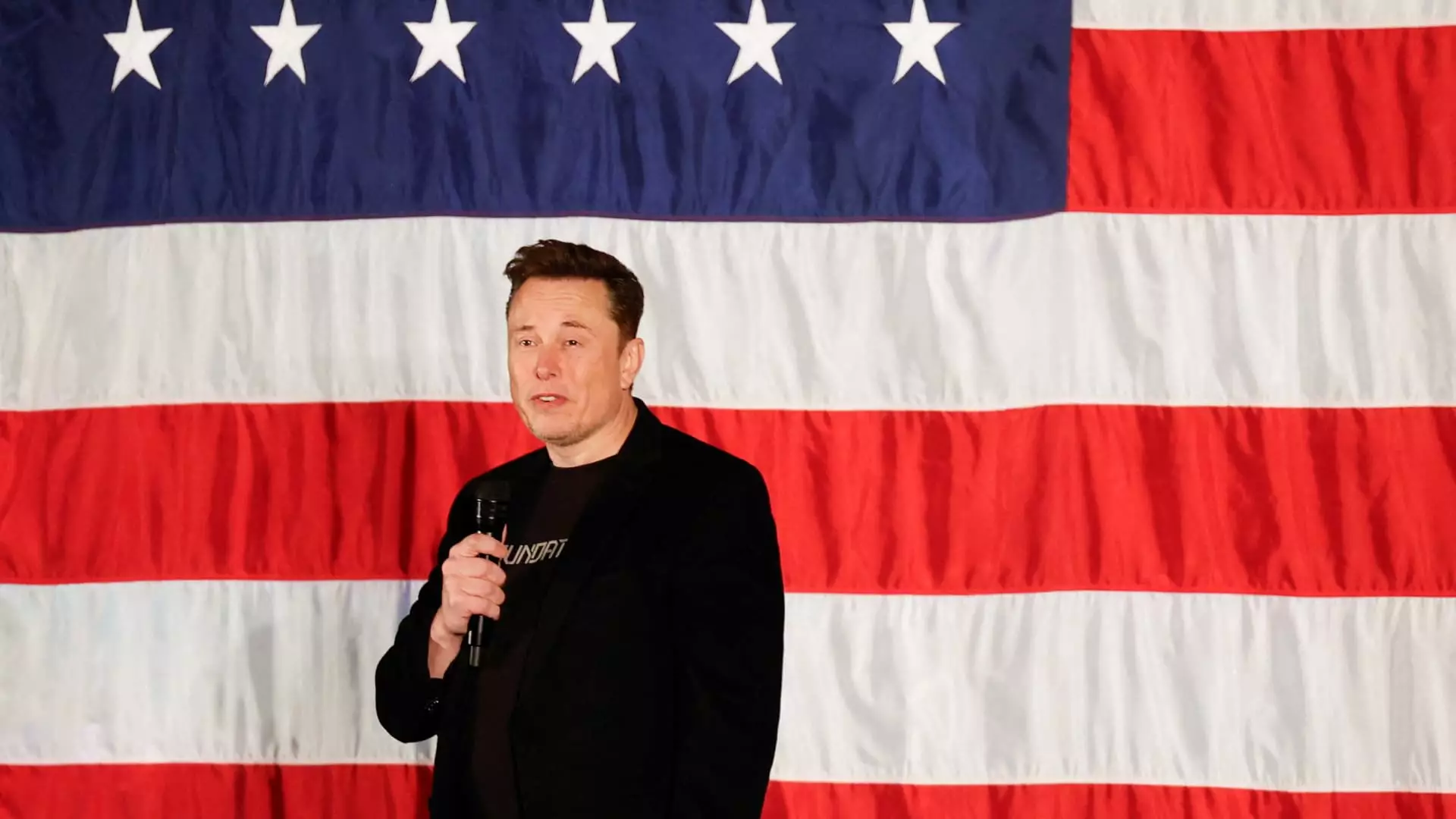The recent lawsuit against Elon Musk and his political action committee (PAC) regarding their controversial $1 million daily lottery for registered voters has made headlines, stirring debate on legal jurisdictions, election influence, and consumer protection laws. A Pennsylvania federal judge made a decisive move to return the case to state court, setting the stage for a pivotal examination of the legalities surrounding Musk’s initiative.
This controversy ignited when Philadelphia District Attorney Larry Krasner alleged that Musk’s $1 million giveaway constituted an illegal lottery and an unethical attempt to sway voters ahead of the 2024 presidential election. Krasner’s claims are rooted in Pennsylvania laws that regulate lottery schemes and consumer protection. Specifically, the District Attorney accused Musk’s America PAC of violating state regulations by offering substantial daily financial incentives to registered voters in an attempt to boost support for Donald Trump, whom the PAC endorses.
The legal dynamics intensified shortly after the case was initially filed in the Philadelphia County Court of Common Pleas. Days later, it was unexpectedly moved to federal court, prompting Krasner and his office to act quickly in seeking a return to state jurisdiction. U.S. District Judge Gerald Pappert, however, ruled that the matter should remain in state hands, rejecting the arguments presented by Musk’s legal team that the federal court should take precedence due to its connection to the presidential race.
Judge Pappert’s ruling underscored a crucial point in jurisdictional law: the determination of whether a case falls under state or federal jurisdiction is based on the nature of the legal issues at hand, not the motivations behind the filing. He highlighted that the Musk PAC’s proposed actions did not raise any federal legal questions that warranted federal court intervention, effectively affirming the authority of state laws in this context.
This ruling reinforces the principle that local laws govern electoral processes, barring any overarching federal concerns. The implications are significant; should Musk’s initiative be classified strictly as a lottery, it could face serious legal ramifications under Pennsylvania law. Krasner’s office expressed satisfaction with the judge’s decision, viewing it as a validation of their argument that Musk’s last-minute maneuver to shift the case back to federal court was without merit.
Musk’s initiative of awarding $1 million daily to selectively registered voters until Election Day raises ethical questions beyond its legal standing. Critics argue that such a scheme could be seen as an attempt to manipulate the electoral process. By targeting swing states like Pennsylvania, Musk’s actions may inadvertently contribute to a narrative of election undermining, particularly in a climate where election integrity remains a crucial concern.
The potential psychological impact on voters, incentivized by the allure of substantial cash prizes, adds another layer of complexity to how we view electoral fairness. This situation tests the boundaries of permissible campaign strategies and highlights a growing intersection of technology, wealth, and political influence.
With the case now back in state court, Krasner is preparing to argue for an injunction to halt the lottery, which is seen as an urgent matter given the fast-approaching election. The timeline remains uncertain as Krasner’s office awaits a hearing schedule from the Court of Common Pleas. The outcome could set important precedents for future political initiatives that intertwine financial incentives with voter engagement.
Public response to Musk’s lottery has been mixed. While some view it as a groundbreaking attempt to encourage political participation, others see it as a vulgar display of wealth that undermines the integrity of the democratic process. The unfolding events serve as a reminder of the baleful consequences that arise when financial power collides with civic duty.
As this legal battle unfolds, it encapsulates broader themes regarding the interaction of wealth, politics, and law in contemporary American society. The ruling to return the case to state court may well influence future electoral strategies and underscore the importance of adhering to local regulations designed to protect the integrity of the electoral process—a fundamental tenet of democracy. The outcome remains to be seen, but for now, the spotlight shines brightly on Elon Musk and the implications of his PAC’s actions within the intricate framework of election law.


Leave a Reply